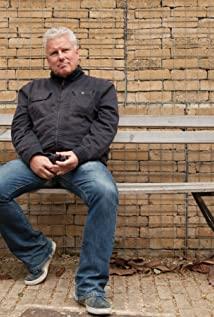The Home Secretary, Julia, walked so close to the personal bodyguard, and the "lonely man and widow" were in the same room, and the "entangled" relationship between men and women occurred. Personal bodyguard David Budd fulfills his duties and swears to be responsible for the personal safety of his boss. To some extent, the two "get what they need" and form an "alliance". Bud also spied on his boss's political secrets. The political heroine who pleads for the people's life, and the great inner guard with extraordinary skills, intersect with each other. In the cracks of social disputes, there are hidden secrets that are not known to ordinary people. The story of the first three episodes is amazing. Terrorist attacks in London are frequent, and the anti-terrorism situation is grim. The Security Bureau, the Ministry of the Interior, the Police Department, and criminal groups are surging undercurrents, and all parties are snobbishly playing games. Julia was also seriously injured in the terrorist attack and assassination. As a bodyguard, Bud is deeply guilty of his boss's death, and he is caught in a political vortex and cannot extricate himself. Due to the internal and external collusion of the police station, Bud was trapped and persecuted. In order to cover up a series of political scandals, he was determined to act as a political victim and become a "scapegoat". At the critical moment, Budd, who holds the key evidence, in order to completely get rid of the crime, returned his innocence. With his own strength, he found the culprit behind the murder of the Minister of the Interior and the traitor in the police station, thus turning the situation around and succeeded. To clear his name, justice can be done. The "Power Adjustment Law" was permanently shelved, and the story started because of it, and it ended without a hitch. The people's right to privacy cannot be violated. Climax after another, the ending is happy, the story that happened in the last three episodes.
View more about Bodyguard reviews











